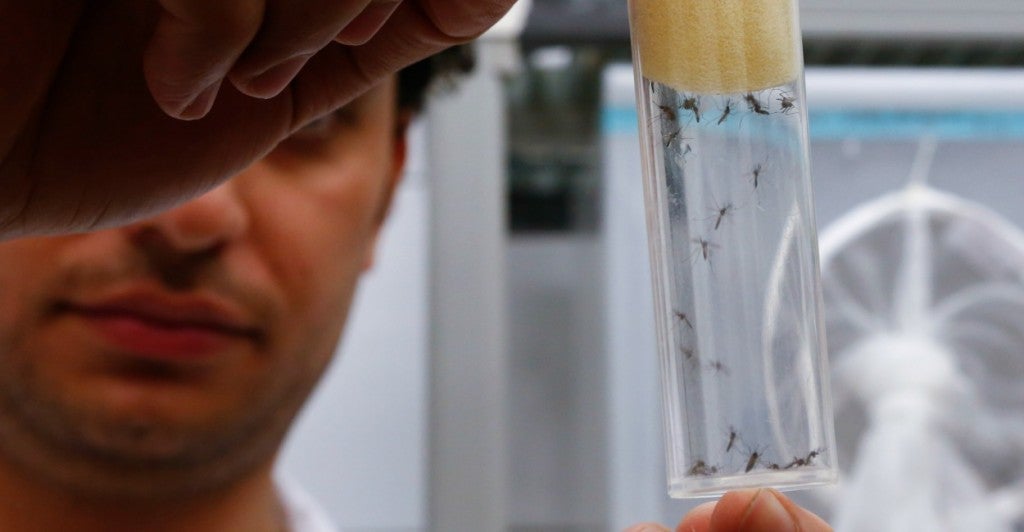The U.S. Department of Health and Human Services has unspent money left over from the fight in 2013 against the Ebola epidemic overseas. But HHS Secretary Sylvia Burwell has not deployed that money to combat the coming Zika virus because of what she considers prior commitments.
House Republicans want to repurpose old Ebola money for the new Zika fight. But HHS spokesman Bill Hall told The Daily Signal that, even though the agency technically has $1.46 billion in unobligated funds, the unspent money “has been committed” already.
According to the Government Accountability Office, an administrative commitment is “a reservation of allotted funds, or of other funds, in anticipation of their obligation.” A commitment also may “manifest an intent to expend assets.”
Translated from bureaucratic parlance, that means a government agency has the cash on hand for a specific purpose but hasn’t spent it yet.
Redeploying the funds now could threaten the unity of an international health coalition to fight Ebola, Hall warned.
That monetary commitment has opened the door for international cooperation, the HHS spokesman told The Daily Signal, adding that the agency “had brought other donor countries to the table and therefore cannot afford to risk those commitments by redirecting funds.”
The department, Hall said, plans to spend the $1.46 million through 2019 “to keep Americans safe from emerging threats, here and abroad.”
In part, that includes deploying the taxpayer money for prevention and preparedness in countries at a higher risk of an Ebola outbreak. In addition, funding will go toward developing vaccines, diagnostics, and therapies, he noted.
Once an epidemic, Ebola largely has been defeated, according to the World Health Organization. On March 30, WHO Director Dr. Margaret Chan declared the end of the public health emergency “regarding the Ebola virus disease outbreak in West Africa.”
But while concern over Ebola has diminished, alarm over a looming Zika outbreak has increased.
In the continental and territorial U.S., the Centers for Disease Control and Prevention reports more than 1,000 cases of the mosquito-borne disease. And summer is coming, bringing swarms of mosquitoes.
Zika places pregnant women at the greatest risk, creating serious neurological defects in newborn children. The virus causes microcephaly, a condition that retards development of the head and brain in infants.
There’s no Zika vaccine, and public health officials warn that the defensive efforts still aren’t up to the task.
“Most of what we’ve learned is not reassuring,” Dr. Anne Schuchat, principal deputy director of the Centers for Disease Control and Prevention, said at an April 11 press conference. “Everything we look at with this virus seems to be a bit scarier than we initially thought.”
The White House has requested an emergency package of nearly $2 billion to eradicate Zika. So far, House Republicans and conservatives have maintained that the request easily can be met with Ebola funds.
